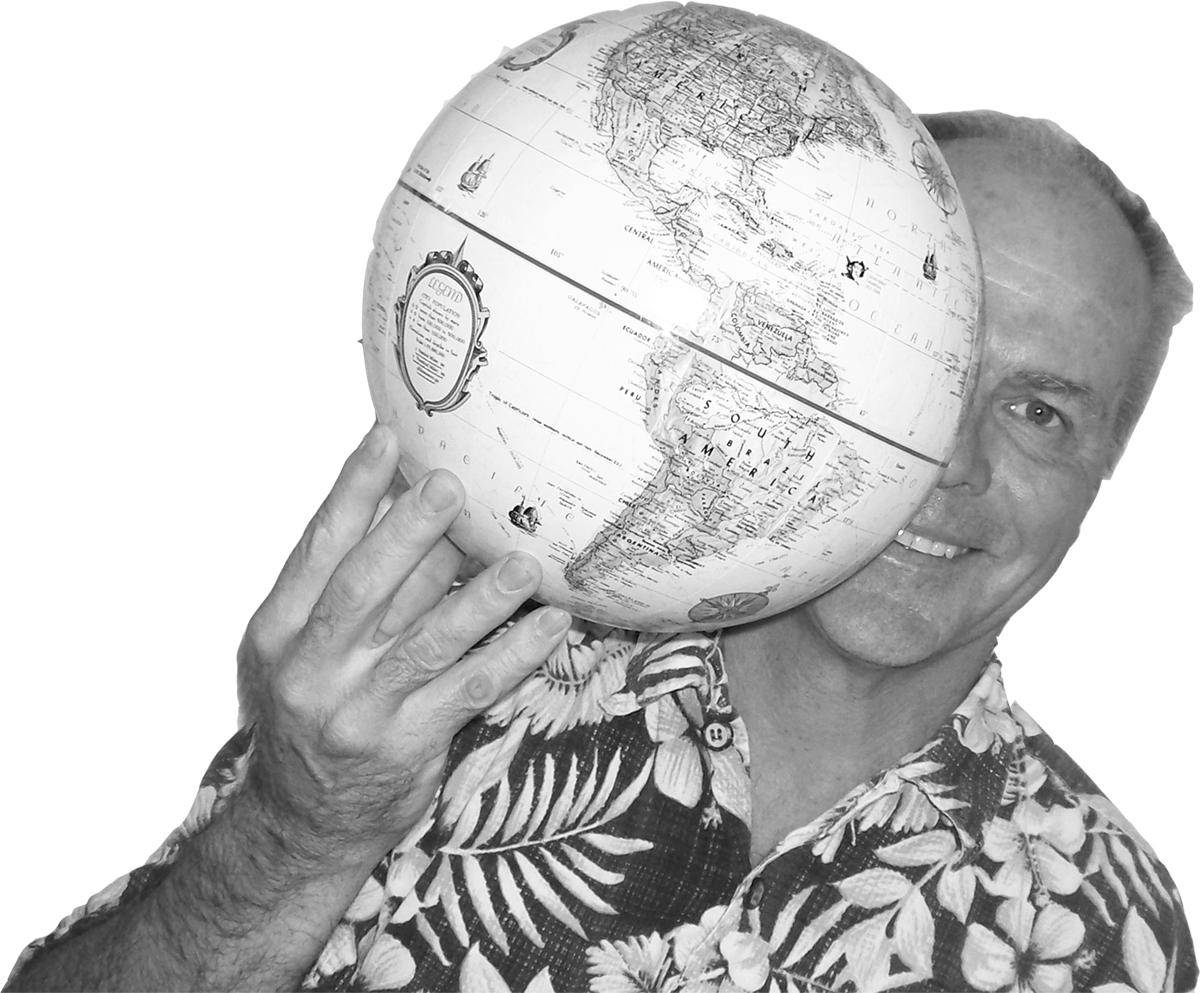Not long ago, I did something nice for a lady who was a total stranger, and my friend said to me: “That was very Christian of you.”
I don’t remember what I did for that stranger — it was some little kindness any thoughtful person would do for another. Maybe she dropped a dollar and I called out to her. Or maybe she struggled with an armful of groceries and I offered to carry some out to her car. It was some kindness so small and commonplace, I don’t recall it.

But when my friend said it was “Christian” of me to do it, I was surprised at my reaction. Because I found I was mildly offended.
To his credit, I’m sure he was offering me his highest compliment, because he is a devoted church-going Christian. But, like an ever-growing number of Americans, I am not.
Like me, nearly a third of Americans currently identify themselves as having no religious affiliation, Christian or otherwise. While 63 percent of Americans call themselves Christian, that percentage is down from 90 percent in 1990, according to Trinity College (Connecticut) research. Conversely, 30 percent of Americans identify themselves as religiously unaffiliated, according to Pew Research Center, up from 16 percent in 2007. Many of that group identify as atheist or agnostic.
One might reasonably argue that my kindness to that lady was very atheist of me, because — to an atheist — if humankind expects to find salvation and justice anywhere, we’ll have to build it right here, with our own bare hands. Because, an atheist believes, there are no other Hands but ours.
One who holds that belief is Ron Reagan, son of former president Ronald Reagan, and founder of Freedom From Religion Foundation. The younger Reagan is “an unabashed atheist, not afraid of burning in Hell.” But he recognizes that he could never be elected President, because polls indicate that being atheist is the most unforgivable crime that voters will not condone, far more heinous than anything regarding race, sexual orientation, ethnicity, or any other religious affiliation.
When my friend called my act of kindness “Christian,” I said: “Do you think Christians have cornered the market on kindness?” I don’t think he answered, and the moment passed quickly, without much further discussion, if any.
But still, can you imagine a situation where you might say as a compliment: “That was very Jewish of you”? And if so, what would that situation be?
There was a time in America’s South when the highest compliment was: “That was very White of you.” White Southerners offered that compliment without the slightest hint that they were revealing their bare bigoted heart in all its naked prejudice, because they were so pleased and proud of their whiteness—and so very relieved that they weren’t born into some other-ness.
But when my Christian friend tells me: “That was very Christian of you,” does he really think that a simple kindness to a stranger is exactly the sort of thing that separates his kind of people from all those other kinds of people?
Because don’t Jews, Muslims, Hindus — and even atheists — raise their kids to be kind to others for reasons that have nothing to do with harps and halos, or fire and brimstone? If your only reason to behave with Christian civility and decency toward others is to gain eternal reward or avoid punishment, isn’t that a sort of damning self-centeredness?
After I retired from teaching and found my weeks filled with open hours, I volunteered every Friday morning at the Ronald McDonald House at Loyola, a charity dedicated to “directly improve the health and well-being of children.”
Was that “Christian” of me? As a teacher, I had dedicated my life to children, and I did not want my life’s mission to end just because my teaching career was over. I am sure Christ would have approved—as would Buddha, Confucius, Mohammad, Lao Tzu….
My visits to Ronald McDonald House ended in early June, 2010, when my wife suffered a massive stroke. For the next eight years all my hours were devoted to being her caregiver.
Was that “Christian” of me? To me, it just felt like love. And though Christians honor love, they’re not the only ones who do so, are they?
During those years, I often wished I believed in God—because I wanted someone to blame, someone to curse for letting this happen to her. And then to beg shamelessly for help, if He stuck around to hear anything more from me.
During all those years, hundreds of friends and strangers told me they prayed for my wife, and also for me now that she has passed away. I am always thankful for their prayers, because I know in their hearts they are offering their most precious gift.
Whenever others suffer, I struggle with what to say. “You are in my prayers” doesn’t seem right, especially if they know me personally and understand my position when it comes to God.
And so I tell them how sorry I am, and that they are in my thoughts, and if they need any help emptying the trash, or pulling weeds, or getting the toilet to stop running, I’ll be glad to come over and lend a hand.
Go ahead, tell me it’s “very Christian” of me, if you must. But it’s also very atheist of me. Because if no Heaven waits at the end of the path, the best we can do is to make the path more heavenly.
Then again, I could be wrong about it all. Wouldn’t that be something? Imagine my surprise on Judgement Day, standing before a God I spent a lifetime ignoring:
ME: “Wow! You do exist! I’ll be damned!”
GOD: “Well, you got THAT right.”
TR Kerth is the author of the book “Revenge of the Sardines.” Contact him at trkerth@yahoo.com.




